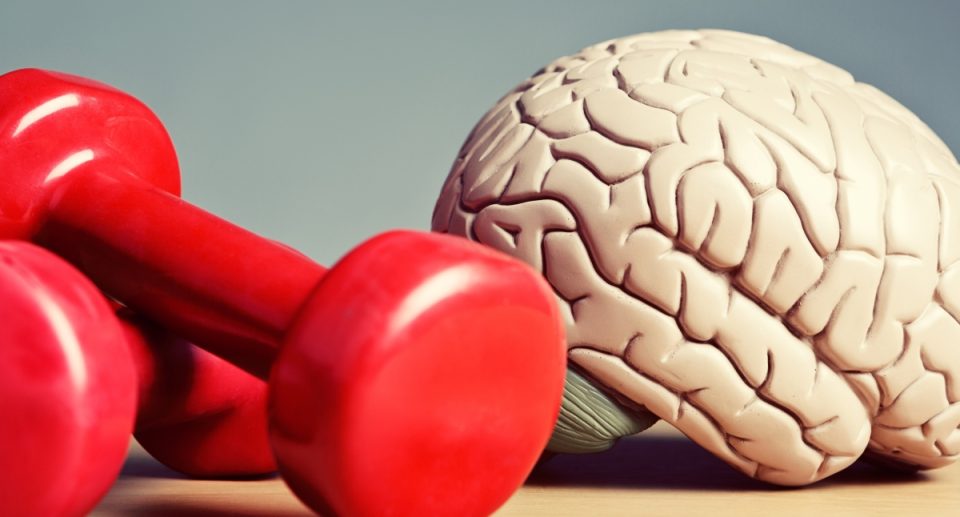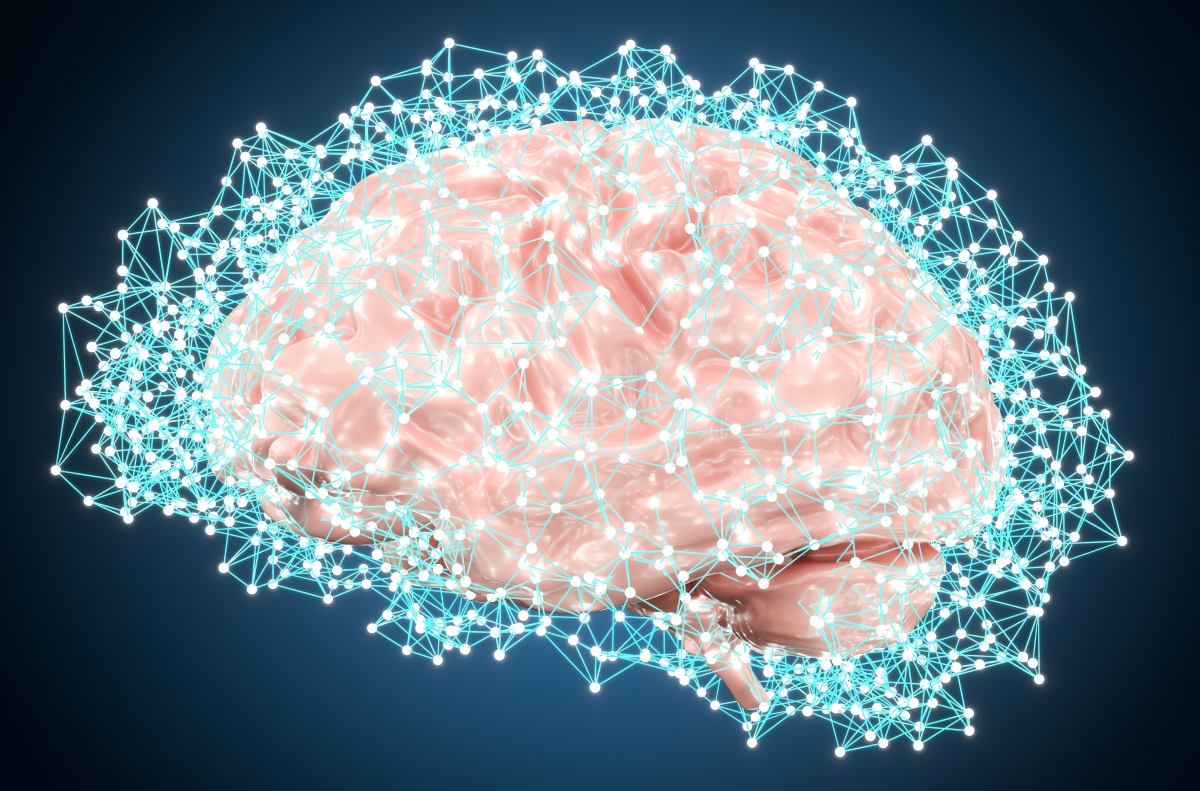Mental Wellness: Activities to Boost Cognitive Health for Seniors

As we age, maintaining mental wellness becomes essential for preserving independence, happiness, and a high quality of life. Cognitive health is crucial in everything from memory and concentration to decision-making and problem-solving. Engaging in activities that promote mental wellness can help seniors stay sharp, keep their minds active, and reduce the risk of cognitive decline. This guide explores practical, enjoyable activities that can boost cognitive health and enhance mental wellness.
Understanding Cognitive Decline in Seniors
Aging naturally brings cognitive changes, but not all lead to serious issues. Seniors may notice slower processing speeds, occasional memory lapses, or difficulties in multitasking. While these changes are normal, they don’t have to dictate a decline in mental wellness. By understanding cognitive health and staying proactive, seniors can keep their minds sharp for years.
Common cognitive challenges in aging include memory loss, attention issues, and diminished problem-solving abilities. However, cognitive decline is not inevitable, and activities that stimulate the brain can significantly reduce risks. The key is to remain mentally engaged and open to new challenges.
Key Factors Influencing Cognitive Health
Several factors influence cognitive health. Genetics play a role, but lifestyle choices and environment also have a significant impact. Regular physical activity, healthy eating, and stress management are all key to maintaining brain health.
Sleep is another critical factor. Poor sleep affects cognitive function, including memory and concentration. Stress is also detrimental, as chronic stress can lead to memory loss and confusion. Finally, social connections are crucial. Isolation and loneliness have been linked to cognitive decline, making social interaction an essential aspect of mental wellness.
Mental Wellness Activities to Boost Cognitive Health

a. Brain-Training Games and Puzzles
Brain-training activities are among the most effective ways to keep the mind active. Games such as crosswords, Sudoku, word searches, and memory games help sharpen attention, problem-solving, and recall abilities. These activities challenge the brain to think in new ways, promoting mental flexibility and critical thinking.
Puzzles like jigsaw puzzles or brain-teasers are also great tools for enhancing cognitive skills. The process of fitting pieces together or solving riddles stimulates areas of the brain responsible for spatial awareness and concentration. Even dedicating 15 minutes a day to a brain game can make a big difference.
b. Learning New Skills
Learning is not just for the young—it’s vital for older adults too. Engaging in new learning experiences promotes neuroplasticity, the brain’s ability to form new connections. This process helps preserve memory and cognitive abilities.
Seniors can challenge their brains by picking up a new hobby or skill. Whether it’s learning a foreign language, playing a musical instrument, or trying out a new craft like painting or knitting, the mental effort involved keeps the brain engaged. Structured classes or online tutorials can guide you while also fostering social connections.
c. Physical Exercise
Physical health is closely tied to mental wellness. Exercise increases blood flow to the brain, improving cognitive function and reducing the risk of dementia. It also releases endorphins, which improve mood and reduce stress.
For seniors, moderate physical activity such as walking, yoga, or tai chi can be especially beneficial. These exercises promote not only physical fitness but also mental clarity. Yoga, for example, incorporates breathing techniques and meditation, which enhance focus and reduce anxiety. Even low-impact activities like gardening or swimming can significantly improve cognitive health.
d. Social Engagement
Social interaction is essential for mental wellness, especially for older adults. Staying socially active prevents isolation and helps maintain cognitive function. Conversations, shared experiences, and social bonds stimulate the brain and provide emotional support.
Seniors can engage in group activities such as book clubs, game nights, or community events. Volunteering is another excellent way to stay connected while contributing to a good cause. Even regular phone calls or video chats with family and friends can keep the brain engaged and combat feelings of loneliness.
e. Mindfulness and Meditation
Mindfulness practices are powerful tools for improving cognitive health. Meditation, for example, encourages mental clarity and focus by training the brain to stay present and reduce distractions. Mindfulness also lowers stress, which is a significant contributor to cognitive decline.
For seniors, practicing mindfulness can be as simple as sitting quietly for 10 minutes, focusing on breathing, or repeating a calming mantra. Guided meditation apps or online resources can help introduce meditation techniques that improve mental wellness. Consistent mindfulness practice reduces anxiety, improves concentration, and enhances overall mental function.
f. Healthy Eating
A nutritious diet fuels both the body and the brain. Certain foods are particularly beneficial for cognitive health, providing essential nutrients that support brain function. Omega-3 fatty acids, found in fish like salmon, improve brain cell communication. Antioxidants, found in berries and leafy greens, protect the brain from oxidative stress.
Eating a diet rich in fruits, vegetables, whole grains, and lean proteins helps maintain cognitive function. Avoiding processed foods, excessive sugar, and unhealthy fats can also prevent inflammation, which is linked to cognitive decline. Staying hydrated is equally important, as dehydration can lead to confusion and impaired concentration.
Technology and Cognitive Health

Today’s technology offers many tools for boosting cognitive health. Apps like Lumosity or Elevate provide brain-training games designed to improve memory, attention, and problem-solving skills. These platforms allow seniors to track their progress and adjust challenges to match their skill levels.
Additionally, staying connected through social media or video conferencing keeps the brain engaged and provides a platform for social interaction. Learning to navigate new technologies, like smartphones or tablets, can also serve as a valuable mental exercise. Seniors can embrace these tools to stay sharp while enhancing their cognitive health.
Creating a Cognitive Wellness Routine
Maintaining cognitive health is a lifelong endeavor. Creating a routine that incorporates brain-stimulating activities ensures that mental wellness becomes a consistent part of daily life. Seniors should aim to balance mental, physical, and social activities for a well-rounded approach to cognitive health.
Start by setting achievable goals, such as completing a crossword puzzle every morning or joining a weekly exercise class. Incorporating short brain games or puzzles into the day can provide a fun and easy way to stay mentally active. Engaging in physical exercise, staying socially connected, and practicing mindfulness or meditation regularly can enhance cognitive health over time.
When to Seek Professional Help
While cognitive changes are normal, some signs may indicate a more serious issue. If seniors experience frequent memory loss, confusion, or difficulty with once-easy tasks, it may be time to seek medical advice. Early intervention can help manage cognitive decline and ensure proper support is available.
Healthcare professionals can offer therapies, medications, or cognitive rehabilitation programs designed to slow down cognitive decline and improve mental wellness. Regular cognitive screenings can also provide peace of mind and track any changes in mental function over time.
Conclusion

Mental wellness is vital for seniors, and there are many enjoyable and accessible activities to keep the brain sharp. From brain games and learning new skills to staying socially active and maintaining a healthy diet, there are numerous ways to boost cognitive health. By incorporating these activities into daily routines, seniors can enjoy a sharp mind, a better mood, and an enhanced quality of life as they age.





